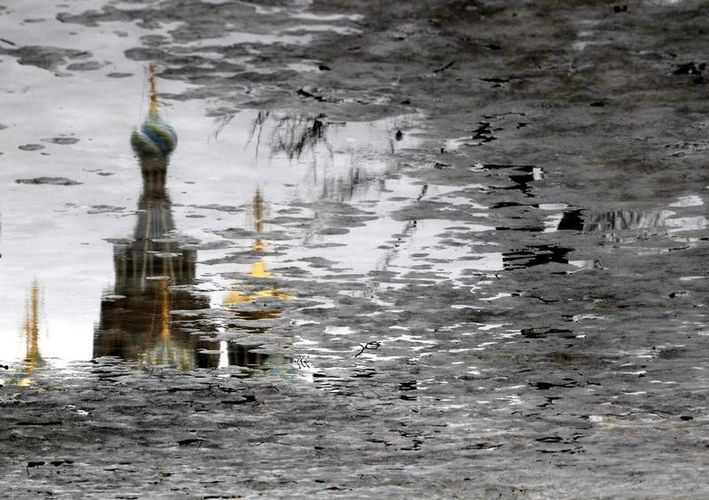Norilsk Nickel is meeting bond and equity investors in London on May 18, as market participants become increasingly optimistic that some Russian issuers might melt through the international fundraising freeze before 2016.
The Russian palladium and nickel firm, rated BBB–/BBB–, is not marketing a specific bond issue at the meetings, according to two sources, but giving fund managers an update. Barclays is arranging the meetings.
“My personal view is that they do not need to raise funds,” said an investor from a Swiss firm who has been invited to the event.
Still, Norilsk Nickel is a potential issuer as the company has not been placed under sanctions by the West. Bankers say investors are showing more interest in potential Russian supply.
“We’ve had some reverse enquiry about Russian corporates,” said one banker. “We’re a way off the market properly reopening but we’re having more interesting conversations than six months ago.”
No benchmark-sized Russian issue has come to the international market since Gazprom sold US$700m of one-year notes on November 5.
Russian issuance came to a near-standstill after the US imposed its first round of sanctions in March 2014. Despite a small flurry of deals last June and July, not much has happened since, with the exception of the Gazprom deal and a small niche offering from Alfa-Bank.
Other non-prohibited companies have not raised funds internationally, first as banks and investors gave all Russian entities a wide berth, and then because a collapse in oil prices in the second half of 2014 pushed funding costs to exorbitant levels.
However, with oil up 30% since the start of the year and a new ceasefire in place since mid-February between Ukraine and Russian separatists, Russian bonds have rallied hard. Norilsk’s 2020 notes are up 12 points in the year to-date, trading around par or a yield of 5.59%, according to Tradeweb.
“If this rally catches on, more and more people are going to be sucked in so there will be demand [for a new deal],” said Jan Dehn, head of research at Ashmore. “The market is going to be very, very interested in this.”
However, Dehn warns that any new deal will be scrutinised closely, and will have to perform well in the secondary market to tempt other un-sanctioned Russian issuers into printing debt.
“What bank brings the deal, what sort of buyers [take part] and if the bond does really well after it’s been issued are all going to have an effect,” said Dehn.
London meetings
While Norilsk is undertaking a non-deal roadshow, another non-sanctioned company, coke producer IMH (formerly the Koks Group), could soon be in the market with a benchmark-sized bond and related liability management exercise.
“If the opportunity arises, and a window opens for new a Eurobond in May or June, we will go to the market,” said Sergey Frolov, vice-president for strategy and communications at the firm, in April, adding that any deal could be for up to US$500m.
The transaction is likely to include a buyback or exchange around the company’s outstanding 7.75% June 2016 bond offering, which was issued in 2011 raising US$350m initially but that now has US$319m remaining.
Another Russian company bankers are keeping an eye on is Lukoil, which has a long-standing mandate with JP Morgan and Citigroup.
The oil company has also held non-deal investor meetings in London this year, according to an investor who attended the talks. The investor added that Severstal and PhosAgro had done the same on more than one occasion.
Alexander Kudrin, head of fixed-income research at Sberbank, told IFR that there could be five or six internationally placed bond deals from Russian issuers before the end of this year.
However, Kudrin said he did not believe there would be a large reopening of the once prolific Russian market for some time.
“The base assumption for all Russian companies and banks is that international funding will not be available for several years,” he said.
